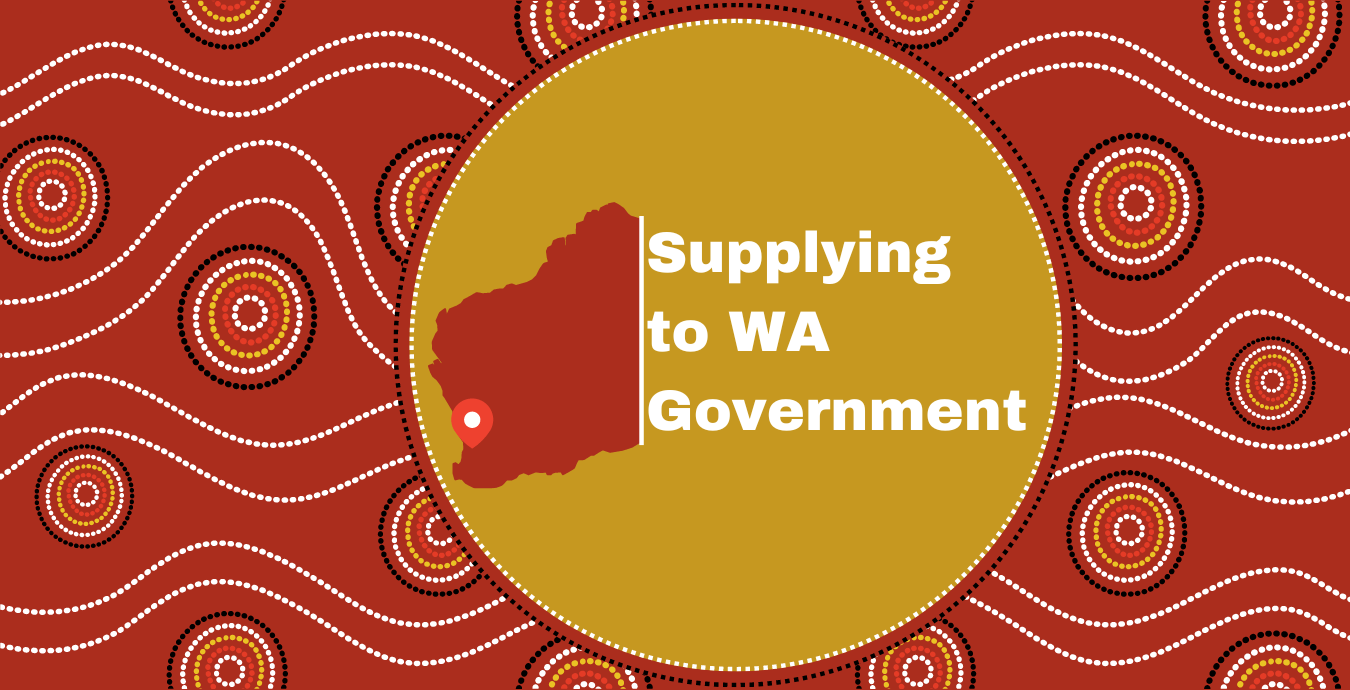On 22 October 2025, the Department of Finance announced a set of amendments to the Commonwealth Procurement Rules (CPRs). These changes will come into effect from 17 November 2025.
For both procurement professionals and suppliers looking to engage with Commonwealth business, these changes bring a mix of heightened opportunity and new obligations.
Key Changes at a Glance
Procurement Thresholds
- The procurement threshold for non-corporate Commonwealth entities (NCEs) in non-construction procurements is increasing from $80,000 to $125,000.
- For procurements below that threshold (for non-panel procurement), NCEs will now be required to only invite Australian businesses to tender.
Panel Procurements
- For Management Advisory Services (MAS) Panel, People Panel and DTA Panel procurements under $125,000, only SMEs will be invited. The Indigenous Procurement Policy still applies where relevant.
Negotiations and Processes
- A new section on “negotiations” has been added to Division 2 of the CPRs.
- Clarification that secondments within and between Australian Government entities are not procurements.
Confidentiality and Data Sharing
- Clarification that submissions and confidential information provided during tendering may be shared within the Commonwealth for compliance, monitoring and other legitimate non-commercial purposes.
New Supplier Portal
- The launch of a new Supplier Portal a publicly searchable database of potential suppliers (initially focusing on MAS/People Panels) is planned, with availability across all suppliers by July 2026.
Why These Changes Matter
1. Stronger Focus on Australian Businesses and SMEs
New rules prioritise Australian and small-to-medium enterprises for contracts under $125,000, reinforcing the government’s “Buy Australian” approach. This means more local opportunities, but suppliers must be ready to demonstrate their eligibility.
2. Simplified Procurement Thresholds
Raising the threshold from $80,000 to $125,000 reduces administrative load for smaller procurements, making it easier for agencies to engage suppliers for low-value work.
3. Greater Transparency and Information Sharing
Agencies may now share tender information across the Commonwealth for compliance and monitoring. Suppliers should review confidentiality and IP protections accordingly.
4. Clearer Guidance on Negotiations
A new section formalises how negotiations occur, giving both buyers and suppliers clearer expectations for post-submission discussions.
5. Supplier Portal for Visibility
A new searchable Supplier Portal (launching by July 2026) will make it easier for entities to find Australian, SME, Indigenous and women-owned businesses. Maintaining an up-to-date profile will be key to being discovered.
What These Changes Mean for You
For Suppliers and Tender Writers
Confirm eligibility
Verify your business meets the CPR definition of an “Australian business” and, where applicable, SME classification.
Leverage the new thresholds
Target opportunities below $125,000, where competition may be lower and processes more streamlined.
Optimise your visibility
Prepare for the upcoming Supplier Portal by refining capability statements and highlighting your SME, Indigenous, or Australian-owned status.
Prepare for negotiation-ready tenders
Under the new “negotiations” provisions, agencies may enter discussions with shortlisted suppliers after tenders are submitted. Be prepared to justify your pricing, clarify assumptions, and highlight the value your solution delivers. Structure your response to allow flexibility without compromising your core offer. Read more about contract negotiations.
Review confidentiality practices
Clearly mark commercial-in-confidence information and review data handling, given the new information-sharing provisions.
Monitor timing
Note that the changes take effect from 17 November 2025 and apply to procurements issued after that date.
For Procurement Professionals
Update policies, templates, and training
Reflect the new $125,000 threshold, Australian/SME invitation requirements, and updated rules on negotiations and data sharing.
Audit upcoming procurements
Identify current and planned low-value procurements under $125,000 to ensure they align with the “Australian businesses only” rule for non-panel work and SME focus for panel work.
Integrate the Supplier Portal
Plan how your agency will use it to identify and verify suppliers, support diversity targets, and meet SME participation objectives.
Enhance internal awareness
Brief staff and stakeholders on the changes and transition timeline to ensure consistent application and avoid compliance risks.
Review confidentiality protocols
Ensure procurement documentation clearly explains how supplier information may be shared across Commonwealth entities.
The changes to the Commonwealth Procurement Rules mark a meaningful shift in how the Australian Government is signalling procurement policy: greater emphasis on domestic competitiveness, SME participation, clearer procedural frameworks and leveraging digital tools (Supplier Portal). For procurement professionals, the update requires process and policy alignment; for suppliers, especially those smaller or Australian-based, it opens new windows of opportunity, but also demands closer attention to eligibility, presentation and readiness.





